6 GPTs for Visual Puzzles Powered by AI for Free of 2026
AI GPTs for Visual Puzzles are advanced computational tools designed to address and solve visual puzzles using the power of Generative Pre-trained Transformers (GPTs). These tools leverage machine learning algorithms to understand, interpret, and solve complex visual puzzles, ranging from pattern recognition to image-based riddles. By harnessing the capabilities of GPTs, these AI tools provide tailored solutions that enhance both the creation and solving of visual puzzles, making them highly relevant for applications requiring sophisticated visual analysis and creativity.
Top 6 GPTs for Visual Puzzles are: Bandle,Spot the Difference,Movie Puzzler,Spot The Difference,Fun Games,윌리를 찾아라
Bandle
Guess songs from visual clues.

Spot the Difference
Discover the subtle differences with AI
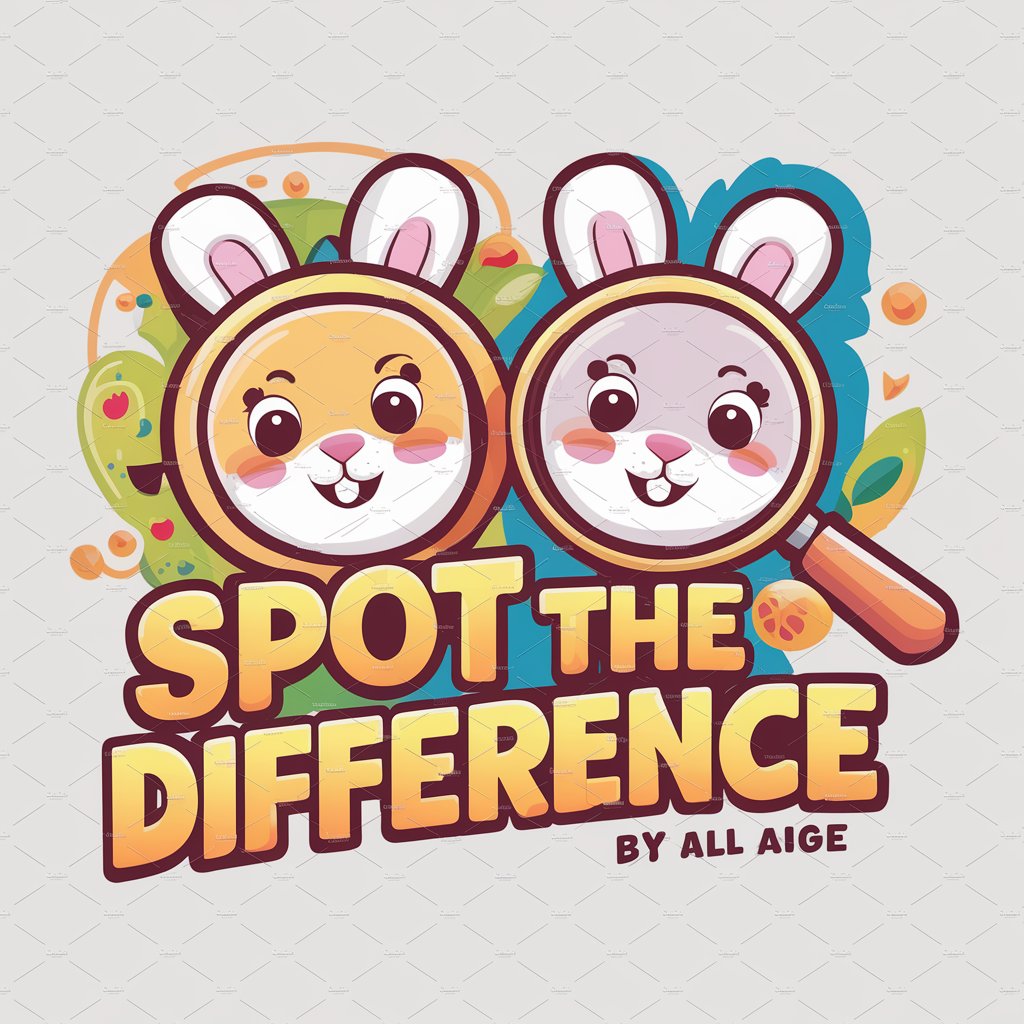
Movie Puzzler
Guess movies with AI-crafted visuals.
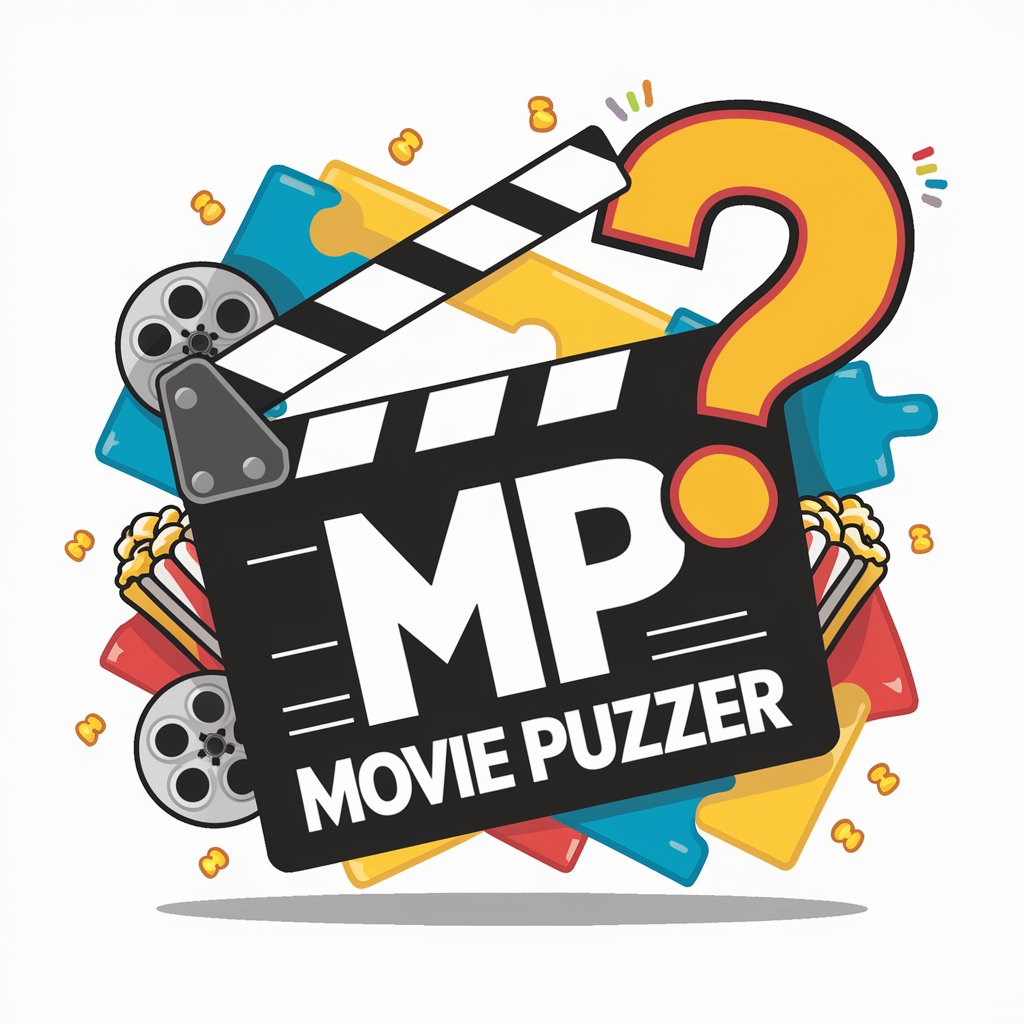
Spot The Difference
Spot subtle differences, powered by AI.
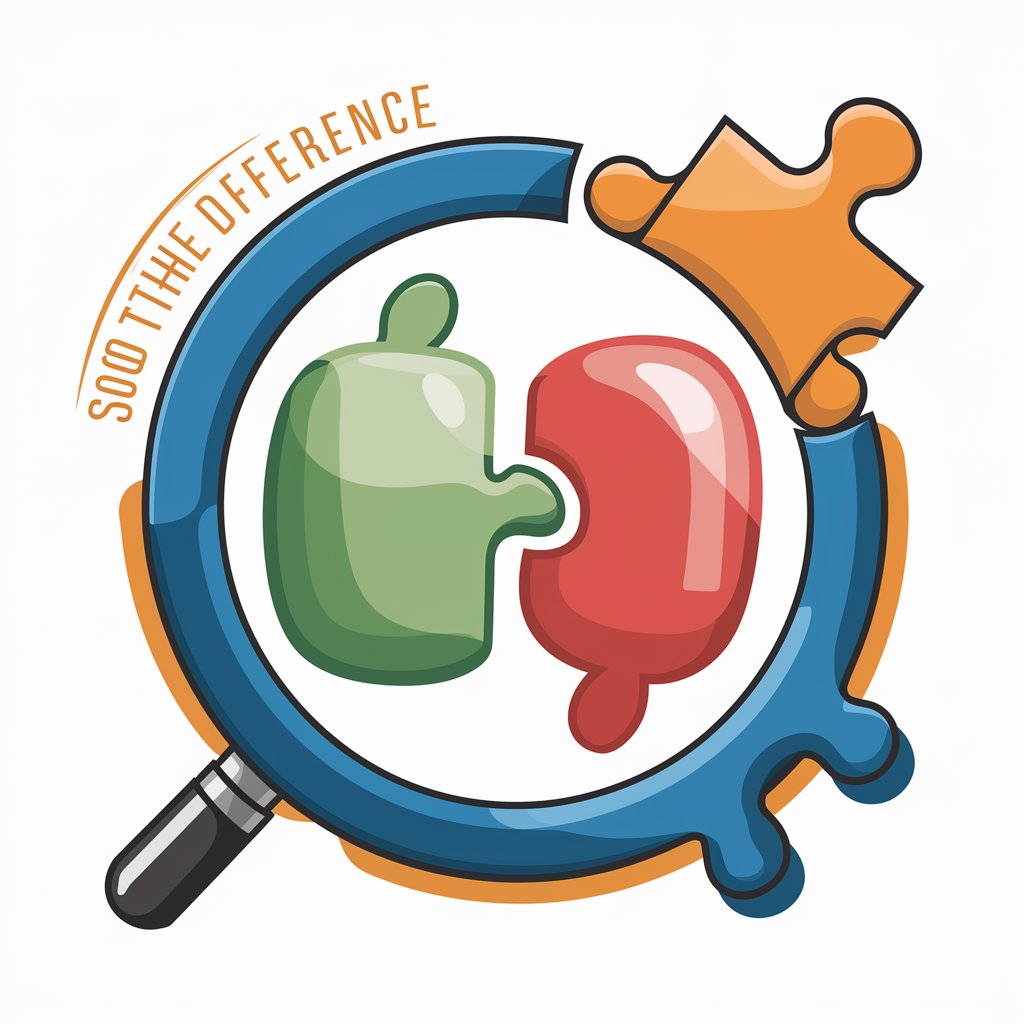
Fun Games
AI-powered fun guessing games.
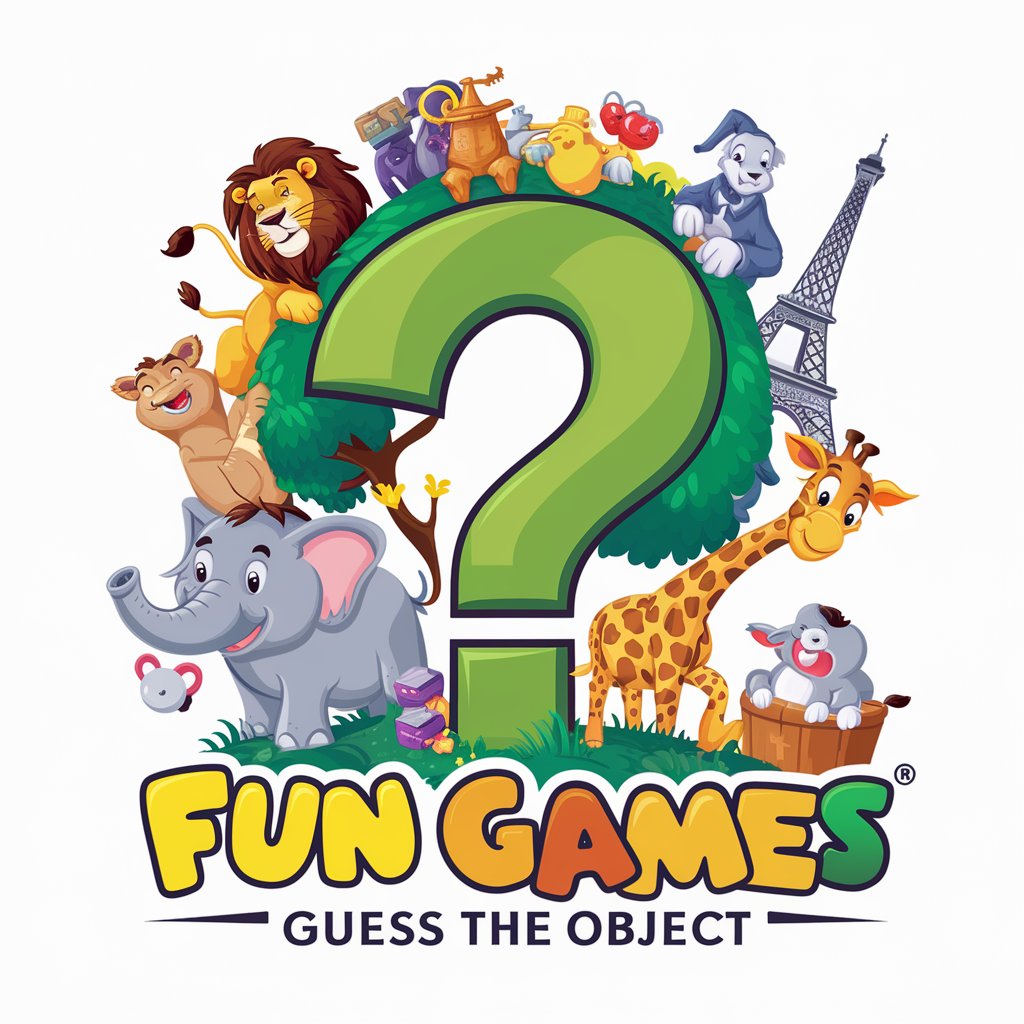
윌리를 찾아라
Discover Willy in Whimsical Worlds!
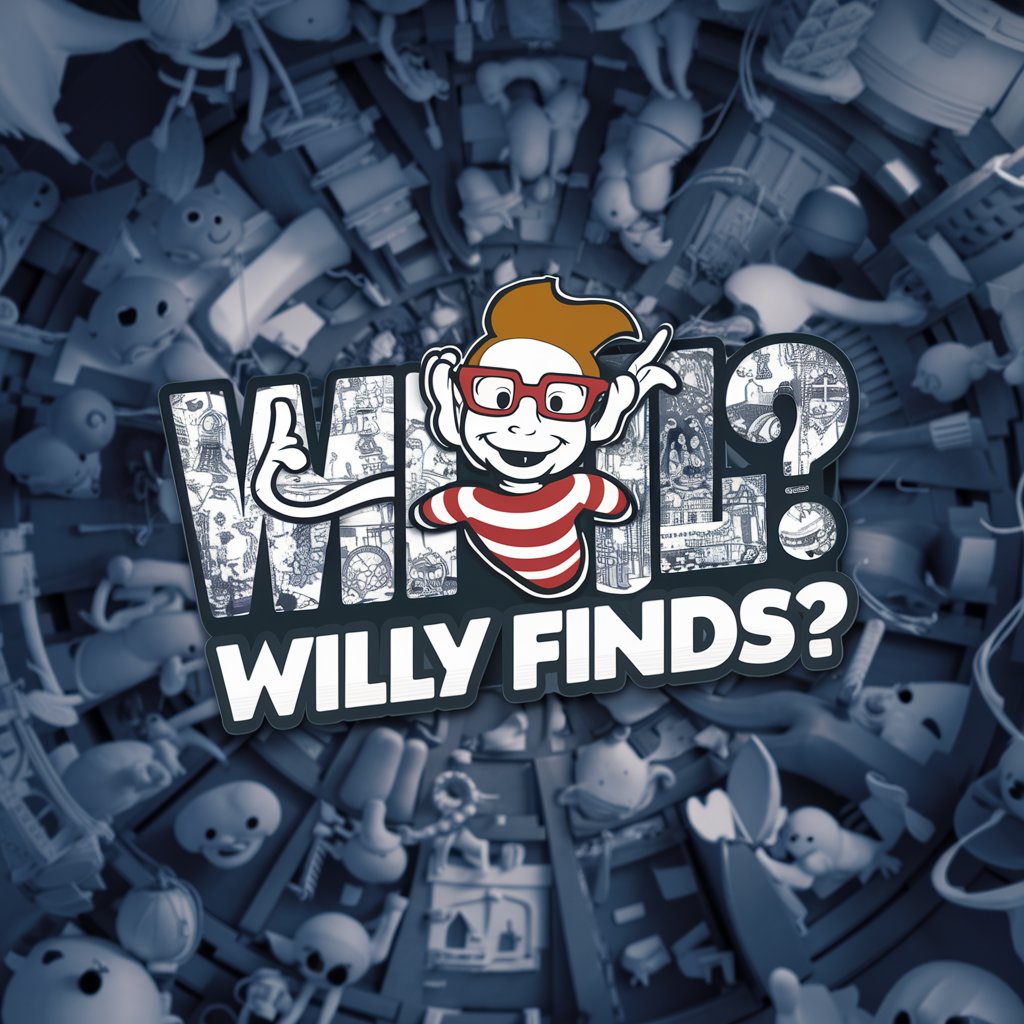
Key Characteristics and Functionalities
AI GPTs for Visual Puzzles come equipped with several unique features that set them apart. These include advanced image recognition capabilities, the ability to generate and interpret complex visual data, adaptability to various levels of puzzle complexity, and support for interactive problem-solving. Special features may also encompass language learning for understanding textual clues within puzzles, technical support for integrating with other software tools, enhanced web searching for gathering puzzle-related data, image creation for designing new puzzles, and robust data analysis for evaluating puzzle solutions and patterns.
Who Stands to Benefit
The primary users of AI GPTs for Visual Puzzles include puzzle enthusiasts, educators, game developers, researchers, and professionals in fields requiring complex visual analysis. These tools are accessible to novices who are interested in the world of visual puzzles without the need for programming knowledge. Simultaneously, they offer extensive customization options for developers and professionals, providing a versatile tool that can be adapted to various expertise levels and use cases.
Try Our other AI GPTs tools for Free
AI Challenges
Explore AI GPTs for AI Challenges: tailored AI tools designed to solve complex problems, enhance learning, and innovate within the AI sector.
Discipline Strategies
Discover how AI GPTs for Discipline Strategies can transform your approach to behavior management, offering customizable, efficient solutions across various fields.
Photography Guidance
Discover how AI GPTs for Photography Guidance can elevate your photography skills with tailored advice, innovative tools, and creative inspiration.
Creative Resilience
Explore how AI GPTs for Creative Resilience can transform your creative process with innovative, adaptable, and user-friendly AI tools designed to enhance innovation and problem-solving.
Mindful Practice
Discover how AI GPTs for Mindful Practice can transform your approach to mindfulness and mental well-being with personalized, accessible, and innovative support.
Wellbeing Strategies
Discover AI GPTs for Wellbeing Strategies, your AI-driven companion for personalized wellness advice and mental health support. Tailored to fit your unique needs.
Further Exploration and Integration
AI GPTs for Visual Puzzles signify a leap forward in automated puzzle solving and creation. Their user-friendly interfaces and the possibility of seamless integration with other digital tools and platforms underscore their potential to revolutionize the way visual puzzles are approached, both for leisure and professional purposes. Moreover, their adaptability across different sectors highlights their role as customized solutions that cater to a wide range of needs and preferences.
Frequently Asked Questions
What are AI GPTs for Visual Puzzles?
AI GPTs for Visual Puzzles are specialized AI tools that use Generative Pre-trained Transformers to solve and create visual puzzles through advanced image recognition and processing capabilities.
How do AI GPTs for Visual Puzzles work?
These tools analyze visual information using machine learning algorithms, identifying patterns, decoding images, and solving puzzles based on pre-trained data models and continuous learning processes.
Who can use AI GPTs for Visual Puzzles?
Anyone from puzzle enthusiasts to professionals in need of complex visual analysis can use these tools, with features accessible to both novices and experts in programming.
Can AI GPTs generate new visual puzzles?
Yes, they can generate new and unique visual puzzles, leveraging their image creation capabilities to design puzzles based on specified criteria or themes.
Are there customization options for developers?
Yes, developers can access advanced customization options, allowing them to tailor the tool's functionalities to specific projects or research needs.
Can these tools integrate with other software?
AI GPTs for Visual Puzzles offer technical support for integration with existing systems or software, enhancing their utility in diverse applications.
How do these tools support educational purposes?
They can be used as educational aids, providing interactive and engaging ways to teach problem-solving, pattern recognition, and critical thinking skills through visual puzzles.
What makes AI GPTs for Visual Puzzles unique?
Their ability to process and interpret complex visual data, generate puzzles, and offer solutions tailored to the difficulty level and context of the puzzle makes them uniquely versatile and powerful.